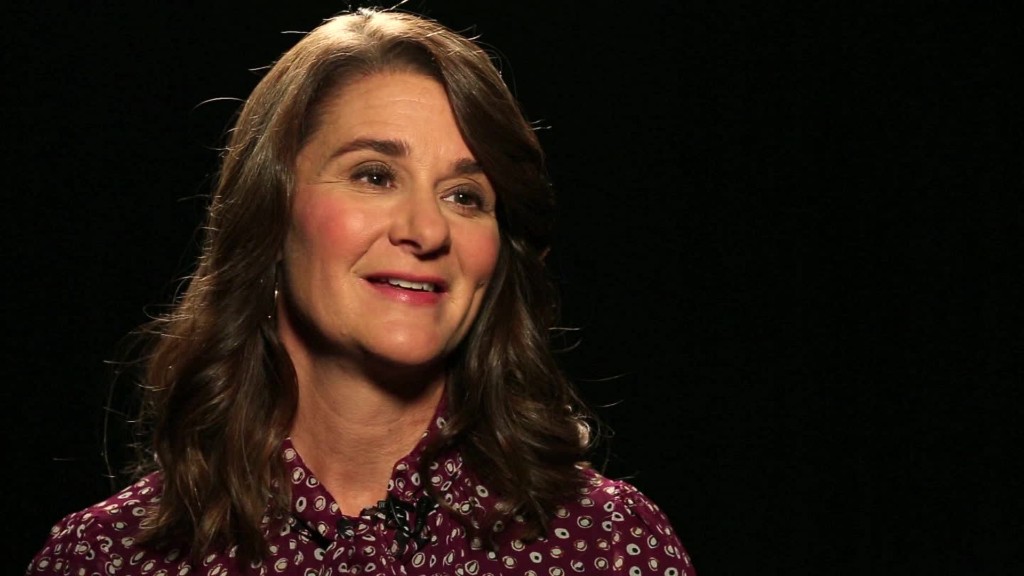
Sexism comes in all shades. Sometimes it's obvious. Other times it's more subtle -- and that can be far scarier.
As a tech reporter covering the beat for years, I've had plenty of moments where I realize the game is different based on my gender.
On Wednesday, a partner at a VC firm took on the issue in a tone-deaf op-ed for the WSJ, suggesting women fight sexism by using just their initials to create an online persona that would "obscure their gender."
The premise: Women should battle unconscious bias by blindly auditioning themselves to tech companies in order to be taken more seriously. John Greathouse, the white male author, suggests women also leave out photos of their teams in pitch decks, and strip out any sign of race, ethnicity or gender.
Women in the tech community (and some men) collectively sighed. We have a long way to go.
"If I were a woman in tech, I think at some point I might just start lighting things on fire," former Twitter CEO Dick Costolo tweeted.
I get it. I'm not even a woman in the tech industry -- but I'm far from immune.
There are the smaller moments that define my experiences in the industry. There was the SXSW party thrown by Silicon Valley VC firm Kleiner Perkins where an entrepreneur walked up to me and guessed I was the founder of a "wedding-type" app. Of course that's what I must do -- because I'm female.
It was even more ironic that this occurred as the firm was battling a high profile gender discrimination lawsuit.
Or there was the time in Munich at a tech conference. A founder of a hot Silicon Valley company (at the time) told me he disliked a particular female journalist because she was too suggestive. She stayed at parties late. It didn't matter that these were Silicon Valley events where journalists and entrepreneurs mingled. It didn't matter that male journalists stayed as long as they pleased. There was simply a different standard. She was a great journalist and broke a lot of news. But that didn't factor in. She no longer covers tech -- sometimes I wonder if she got sick of it.
Related: Why women in tech are outraged
I saved another text conversation from years ago with a tech investor I'd recently met.
"Have you slept with ***?" he asked, referring to an entrepreneur I was meeting for a story the following day.
I told him his question was inappropriate.
His response: "Very antagonistic. Also drop the whole Puritanism...men and women sleep together and it's not shameful."
He went on to call me provocative for not discussing my personal life.
I still regret that I didn't block him immediately.
Related: Are families the elephant in the workplace?
There are moments like this sprinkled through my time covering technology. They are uncomfortable and difficult to qualify. But they don't compare to what women working in tech face on a daily basis.
Perhaps if we didn't go to the events, if we wore different clothes, perhaps if we didn't call attention to ourselves, or if we hide our gender, we could get ahead.
Or perhaps, since we're using initials, that's a lot of B.S.
Here's what I know. There are allies. There is progress. Take Melinda Gates' recent commitment to take on the issue of women in tech or the continuous efforts to get young girls excited about coding. In my time covering tech, the conversation about sexism and unconscious bias has become mainstream.
Following an onslaught of criticism, Greathouse apologized on Twitter, acknowledging that his suggestion to endure the gender bias -- rather than work to fix it -- "only made matters worse." Still, his initial take is another reminder that we have a long way to go.

